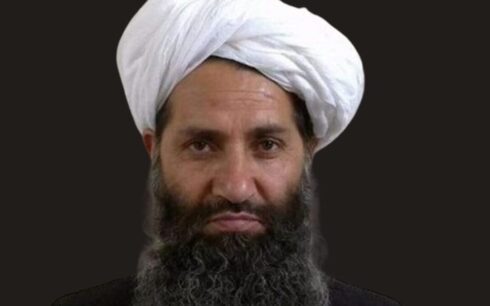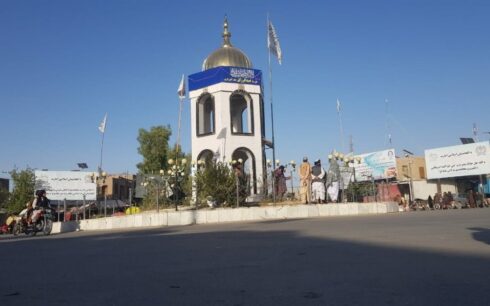The Taliban has issued a letter in response to UN Special Coordinator Feridun Sinirlioglu’s assessment report on Afghanistan, appreciating some aspects of the report while opposing key recommendations, including appointing a UN special envoy to facilitate discussions among international and Afghan stakeholders.
Sinirlioglu’s report proposed three main recommendations: continuing UN-convened special envoys’ meetings, forming an international contact group, and appointing a UN special envoy to advance a new process addressing Afghanistan’s issues and outlining a roadmap for the country’s future.
“The fundamental rights of women and girls, including education, employment, and representation, are not only essential state obligations but also crucial for long-term development, economic growth, peace, and security,” stated the report. “The participation and leadership of Afghan women will be imperative for any formal reintegration of Afghanistan into global institutions and systems.”
In the letter a copy of which was seen by Amu, the Taliban said they “welcome recommendations of the assessment that supports the strengthening of the national economy of Afghanistan, opens the pathway to the recognition of the current government and encourages regional connectivity and transit via Afghanistan.”
But the Taliban added that “Afghanistan currently possesses a strong central government that represents the unique diversity of Afghans; therefore, it should not be viewed as a conflict zone where foreign-imposed political solutions like intra-Afghan dialogue are deemed necessary, and neither should the time of the international community be wasted with such endeavors.”
“As Afghanistan has a strong central government that is perfectly capable of independently managing its internal affairs as well as conducting its diplomacy, therefore, the establishment of parallel mechanisms by the United Nations such as a Special Envoy is unacceptable,” said the Taliban.
Taliban reiterated in the letter that they want to particularly emphasize that Afghanistan should not be viewed as a political vacuum or an ungoverned space. “Rather, the country possesses a strong government capable of discharging the country’s national and international obligations,” said the Taliban.
The UN-mandated assessment report also emphasized the importance of providing equal and full protection of the human rights of all Afghan citizens.
Taliban responded that “the end of armed conflict, implementation of a general amnesty, and decrees by our leader protecting the fundamental rights of women, including the right to inheritance, consensual marriage, and free and unfettered access to justice have enabled Afghan women to secure some of their most basic rights and seek enforcement through government institutions.”
Taliban claimed that hundreds of thousands of women continue to work in the public sector, specifically in education, health, security and other ministries. “Approximately 23.4% of all civil servants are women,” it added.
The Taliban continued to argue that it has launched a major initiative to promote women entrepreneurs, businesswomen and artisans.
Taliban mentioned Afghanistan “has turned from the world’s deadliest conflict to one of the most peaceful countries in the world.”
It added that they have addressed their commitments to the Doha agreement for not allowing any threat to be posed to countries in the region from Afghanistan’s territory.
Economically, the Taliban said they have saved the national economy despite sanctions and has executed major projects such as the Qosh Tapa canal.
It added that they have “opened secure transit corridors between South and Central Asia on friendly-terms, with its positive effects being tangibly observed.”
Taliban said in the letter that its “decision to announce a general amnesty to the opposition was an unprecedented step in living Afghan memory, with security and conditions provided for them to live a dignified life in their own country.”
It claimed that ethnic, linguistic, regional and religious balance has been ensured to a large extent “in the current government of Afghanistan.”
“Any attempts to bring back failed figures from the past or form a shares-based government is in stark conflict with the historical sacrifices of Afghans in pursuit of their independence,” said the Taliban.
The UN special coordinator’s report outlined forward-looking recommendations to address various challenges faced by Afghanistan, aligning with Security Council resolutions for a secure, stable, prosperous, and inclusive Afghanistan.





